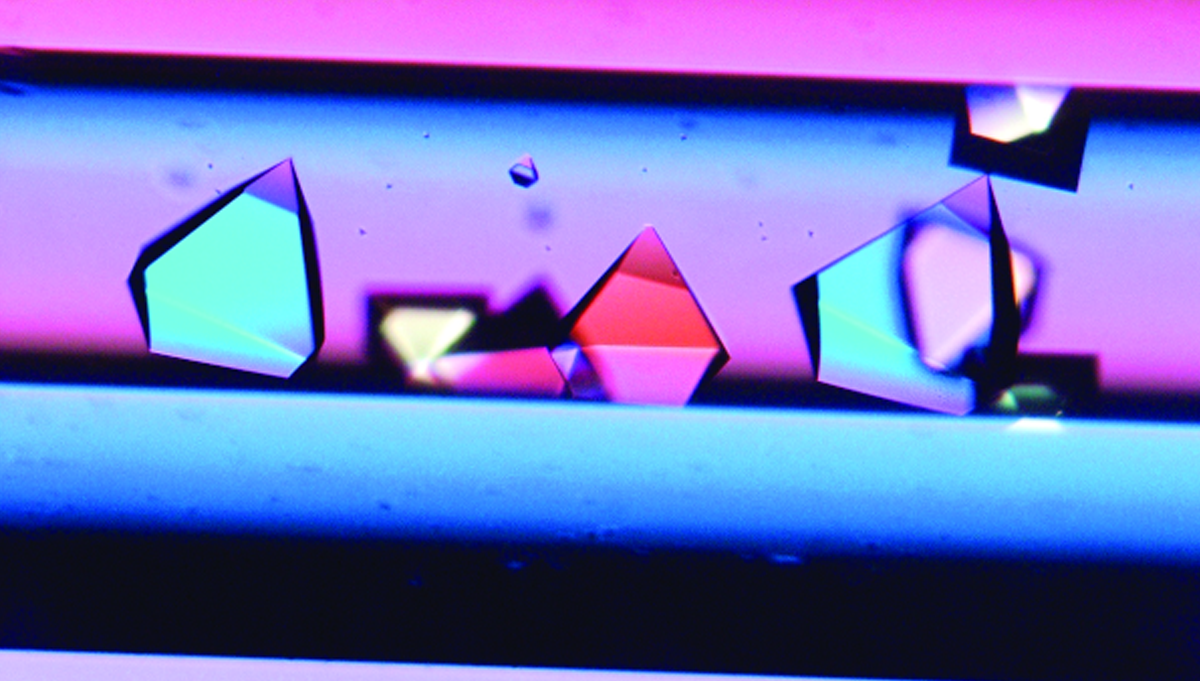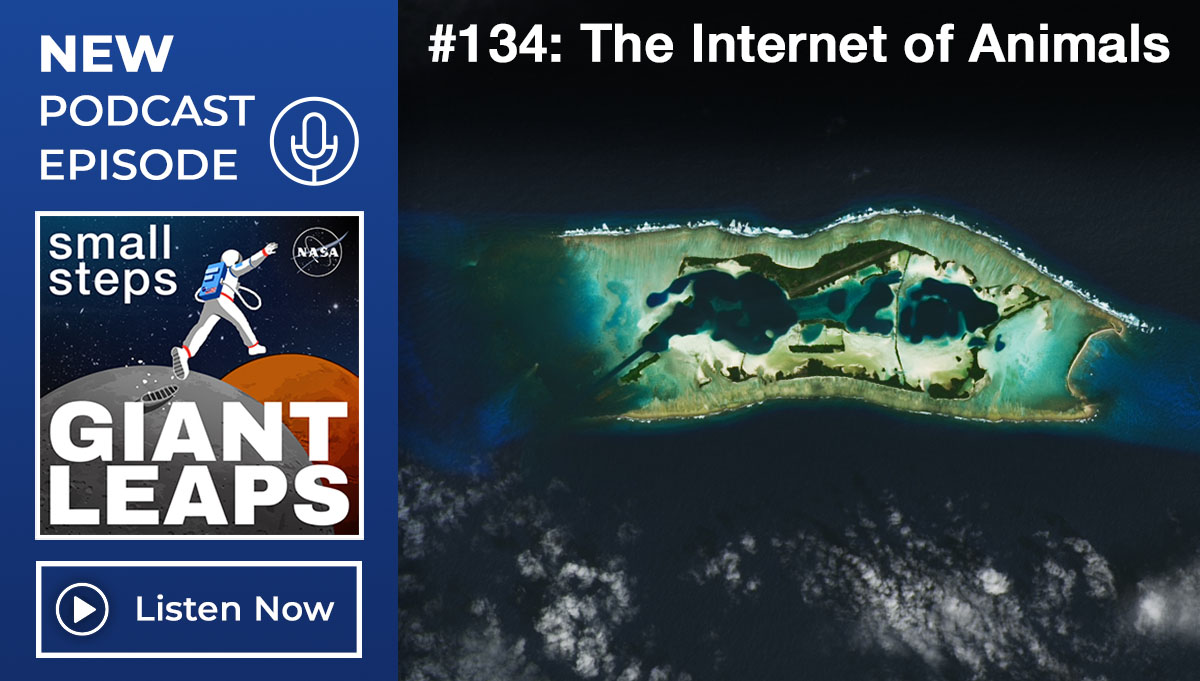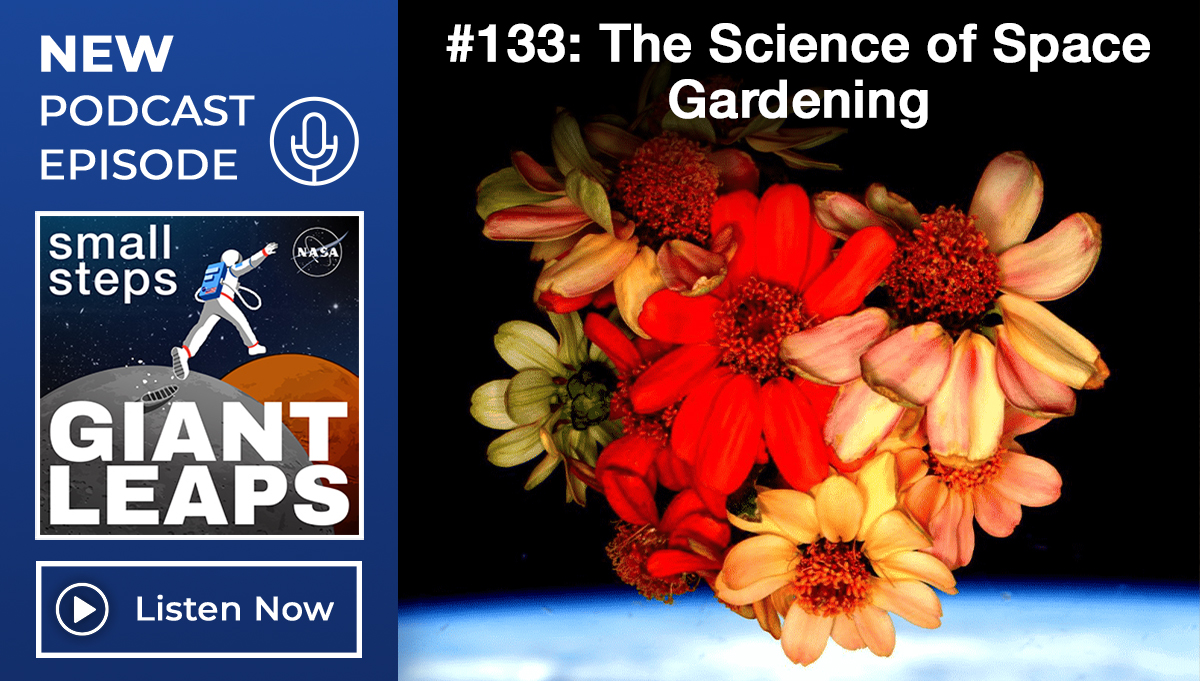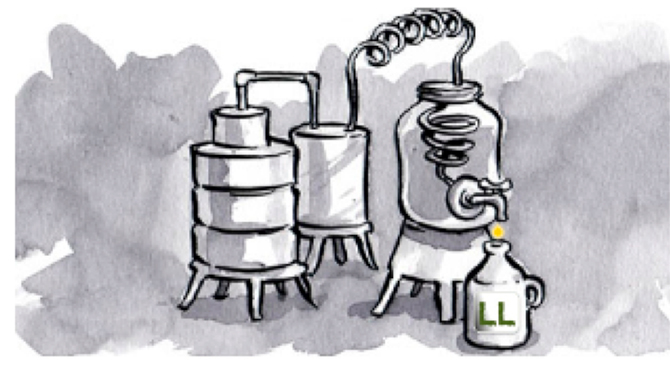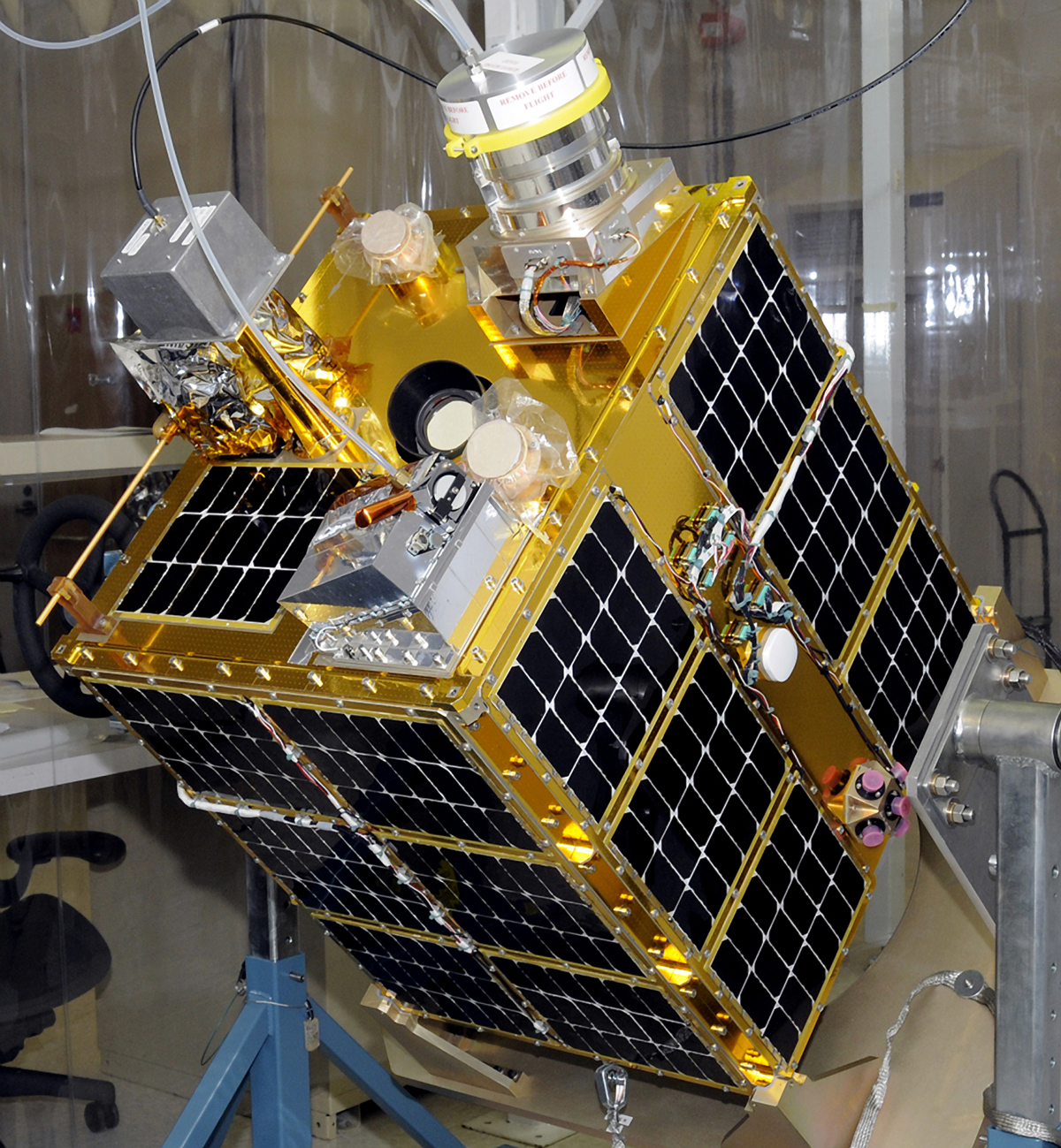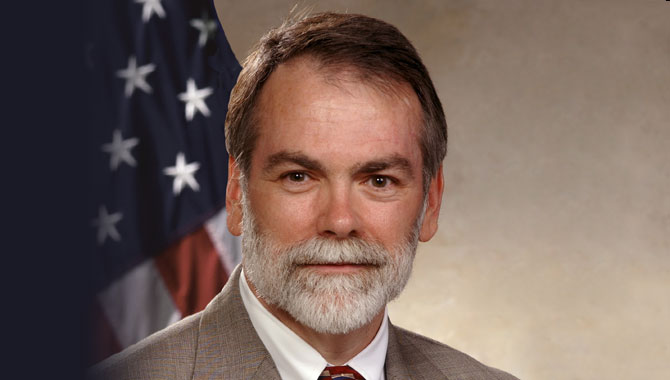
Ask the Acadmey
Vol. 5, Issue 10
Marshall Space Flight Center’s Dale Thomas shares his perspective about the state of knowledge at his center.
Disclaimer: This material is being kept online for historical purposes. Though accurate at the time of publication, it is no longer being updated. The page may contain outdated information or broken links. Current Knowledge Community Corner articles are available here.
Engineers using a state-of-the-art vertical welding tool at the Marshall Space Flight Center in Huntsville, Ala., move a “pathfinder” version of the adapter design that will be used on test flights of the Orion spacecraft and NASA’s Space Launch System. The adapter will eventually connect the Orion spacecraft to the SLS. It will be flight tested on Exploration Flight Test-1 in 2014, when it will be used to mate Orion to a Delta IV heavy-lift rocket. The term “pathfinder” refers to an early version of the hardware that is not intended to fly, but to prove the concept and feasibility of manufacturing the design. This pathfinder is 18 feet across and 5 feet tall and will be strengthened in a few weeks when specially machined end rings — also built at the Marshall Center — are welded to it.
Photo Credit: NASA/MSFC/Emmet Given (Click image for full size.)
Dale Thomas is Associate Center Director, Technical, of Marshall Space Flight Center, supporting the Office of the Center Director. In this capacity he also serves as Chief Knowledge Officer, leading the center’s knowledge management effort.
ASK the Academy (ATA): What are some of the most prominent knowledge challenges in your organization?
Dale Thomas: I think our biggest challenge is getting to knowledge domains that are not at Marshall Space Flight Center. I’ll illustrate that with an example. In the area of rocketry, there is a good culture at Marshall, with ready access to retired Marshall veterans, who have Shuttle and Apollo legacies, and the community is pretty tight-knit as well. So that knowledge base is there and it is well used. There are other areas—I will call them transformational areas for Marshall—that are not in rocketry. And for those areas, we don’t have the depth of skills and knowledge at Marshall that we do in rocketry, and finding the access to that is much more of a challenge.
ATA: Are there any successful knowledge efforts in your organization that you’d like to highlight?
Thomas: One that comes to mind most easily is the work of (retired Marshall veterans) Bob Ryan, Luke Schutzenhofer, and Jim Blair, in their course on rocketry and space transportation. They have done a great job of capturing not just the technical side of that, but also the teamwork and the human side as well. They illustrate with experience, with case studies, and very practical examples. And the students—I was one who sat through one of the classes—leave there with not just an understanding of the physics involved, but also an understanding that physics doesn’t fly. It takes a team to get a rocket flying. Those courses have been very successful and could potentially have broader applicability for knowledge capture, particularly among our aging workforce for the next generation.
A second example is the ExplorNet social media platform that we just tapped into and it’s taken off in some novel directions. It’s not done morphing and evolving yet, but it seems to be getting a lot of traction.
ATA: Are there knowledge management efforts—either within NASA or other organizations—that you find particularly remarkable or innovative?
Thomas: There are a couple. The shuttle knowledge console at Johnson Space Center appears to be novel, and what we’re hearing is that it is very good and we would like to really understand it and see if there are things we could glean from that and try to apply at Marshall. It is my understanding there is also a novel search application at Langley. [Editor’s note: Read more about Langley Google.] I don’t really know enough about it to even talk too much, but it appears to be getting some good traction. We would like to learn more about it as well.
ATA: What’s the biggest misunderstanding that people have about knowledge?
Thomas: I think the biggest misunderstanding is the fact that the knowledge management and lessons learned landscape is littered with past attempts to take a single application and apply it to solve our knowledge and lessons learned issues—one size fits all. After people see two or three attempts at that, it starts tainting the overall field. You see the same thing in medicine. After a given disease is attacked two or three times with no success, people sort of say, hey that can’t be cured, quit messing with it. I am talking about the patients, not the researchers. To me, finding some things that are working and building on those and starting to build on success as opposed to getting the quick fix is important. If we can build some successes, we’ll change the perception and that will start feeding on itself. So perception is the biggest problem we’ve got, in my opinion.
Read other interviews from NASA Chief Knowledge Officers.
Dr. L. Dale Thomas, Associate Director, Technical, and Chief Knowledge Officer at Marshall Space Flight Center.
Featured Photo Credit: NASA/MSFC Dr. L. Dale Thomas, Associate Director, Technical, and Chief Knowledge Officer at Marshall Space Flight Center.


